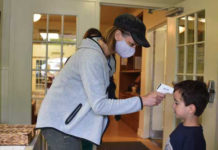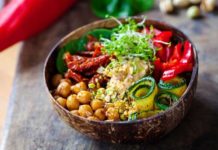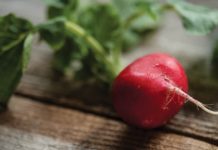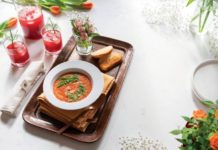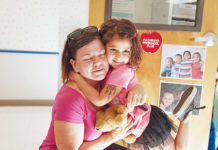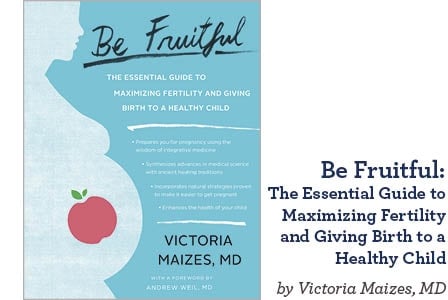
For women having trouble conceiving a baby, Maizes provides a comprehensive guide to fertility that combines Western and alternative medicine.
Be Fruitful: The Essential Guide to Maximizing Fertility and Giving Birth to a Healthy Child
By Victoria Maizes, MD
Scribner, 2013, 276 pages, $22.99
ISBN: 978-1-4516-4547-7
Many women dream of becoming pregnant, but few ever stop to think about the possibility of having trouble with it. For those who face difficulty conceiving, the accompanying heartache and frustration can be unbearable.
While there are no guarantees, it makes sense to do everything possible to boost the chances of baby-making. Victoria Maizes’s Be Fruitful is just the guidebook to prepare you—physically, emotionally, and spiritually.
Maizes is that all-too-rare medical professional, a family physician trained in Western medicine who values the power of alternative medicine. The executive director of the Arizona Center for Integrative Medicine believes in combining evidence-based practices with the wisdom of healing systems such as traditional Chinese medicine, Ayurveda, and mind-body medicine. She also gives credence to a woman’s own intuition.
And is she ever thorough. Be Fruitful addresses everything from anatomy to acupuncture, basal body temperature to work-life balance, and caffeine to cortisol. Then there are ways to avoid environmental toxins (check for items embedded with flame retardants), methods to activate the physiological relaxation response (breathing exercises, body scanning), dos and don’ts of yoga (avoid too intense a practice, add poses that open up the hips), and even sushi recommendations for those trying to conceive (avoid swordfish, enjoy salmon roe).
Men are included in this conversation, too. Maizes addresses their reproductive physiology and causes of infertility, and calls on experts to describe specific yoga poses to enhance male fertility and herbs that enhance men’s genital health.
Besides being full of practical advice (there’s a weeklong sample meal plan for a fertility-enhancing anti-inflammatory diet), Be Fruitful also looks at how fertility is viewed and approached in various cultures. According to traditional Chinese medicine, for instance, a woman’s period is referred to as “the heavenly waters.” Then there is the deeply intimate realm of spirituality and how conducting a fertility ceremony can sanctify what you’re moving toward with intention.
Be Fruitful is comprehensive to be sure, but the information isn’t overwhelming. She manages to discuss scientific studies in a conversational tone. She comes across as empathetic and encouraging.
Fortunate are those who get to call Maizes their doctor. For everyone else, her book is an invaluable resource during the fertility journey.











